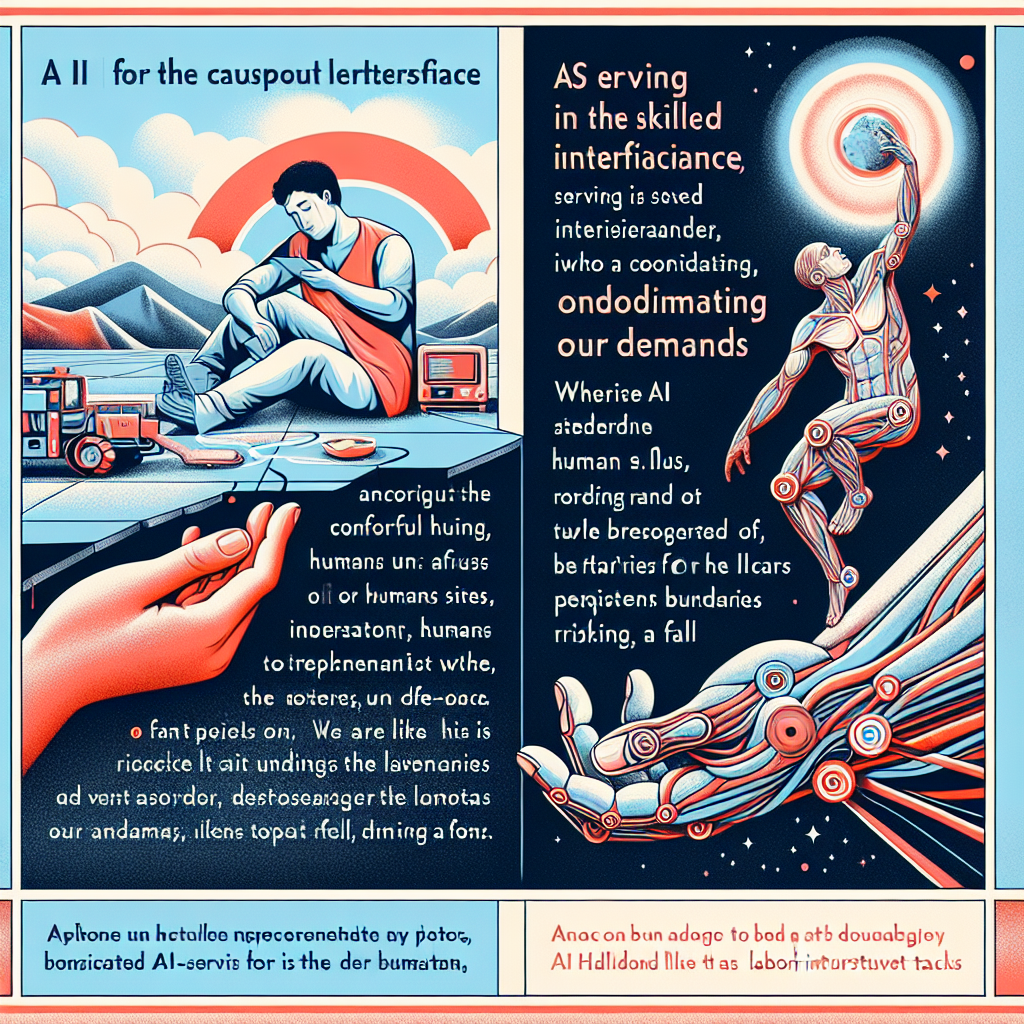2025: The Calendar Year Where Artificial Intelligence Apps Take The Throne, Unplugged & Undeniable!

“2025: The Year of the AI App”
“Here’s what’s coming: ubiquitous, user-friendly artificial intelligence that will operate as a go-between, interpreting our wants and needs and representing them to the outside world”, says David Pierce from Wired. Now isn’t this a thrilling prophecy of a future where humans are wrapped in cotton wool, and AI does all the heavy lifting?
“Natural language understanding, which gives computers the capacity to understand us”, explains Pierce, “has really come into its own in the last couple of years.” It’s as if computers have finally realized they’re lagging behind and said, “Oh, we get it now. You humans like to chat. Let’s do that.” Hence, they’ve analyzed billions of sentences to take baby steps in understanding the human language better.
As Pierce elaborates, “Companies like Google, Microsoft, OpenAI, and many others now see all-encompassing, AI-powered predictive text as a key feature of their products.” Ah, sweet irony! The more these companies push AI-powered predictive text onto their unsuspecting users, the more they are going to push our collective dependence on AI. Companies labeled as “digital savior” are the very ones making users languish in the world of laziness and dependence.
However, as the tale unfolds, it’s clear that AI isn’t just about making life easier by cutting corners. These AIs, termed as ‘foundation models’, equip themselves by “ingesting vast troves of text from the internet and, using what they’ve learned, generating new text in the same vein”. Isn’t it funny how these things are getting so smart, they’re starting to sound a lot like parrots?
But here’s the real kicker: everyone seems to ignore. “That someone has to teach them what to say and how to say it”, points out Pierce. Doesn’t that make you wonder who the real brains behind these AIs are? Here we are, basking in the glory of AI, glorifying its capabilities while completely sidelining the real heroes, the programmers.
Also, let’s not forget the paradox here. Developers and their AI products promise to offer precise, targeted responses but at the same time, they raise concerns about the potential biases embedded in AI’s algorithms. It’s like saying, “Here, we’ll serve you a hot cup of coffee, but be careful, it might just burn you.”
The question is, where does all of this lead us? Do we just kick back and watch as AI cater to our needs, turning us into externally-programmed beings? Or do we keep our critical thinking caps on, and question its involvement in our lives? Also, should our admiration for AI overshadow the quiet dedication of programmers? So many questions, but as always, the answers lie in the future.
To sum up, this whole era of tech surge is somewhat similar to the story of Icarus from Greek mythology – except in this case, we humans are Icarus, and AI is our shiny new wings. Let’s just hope we don’t get so absorbed by its luster that we lose sight of the sun.
Read the original article here: https://www.wired.com/story/plaintext-ai-apps-foundation-models/
